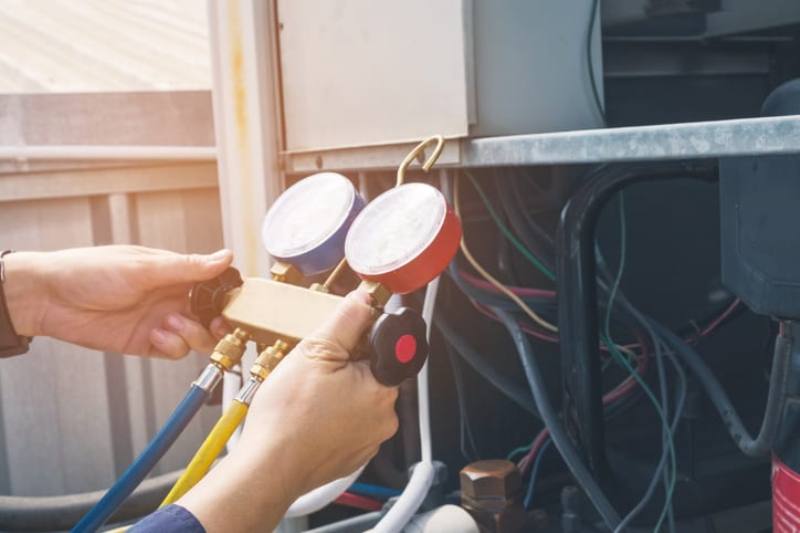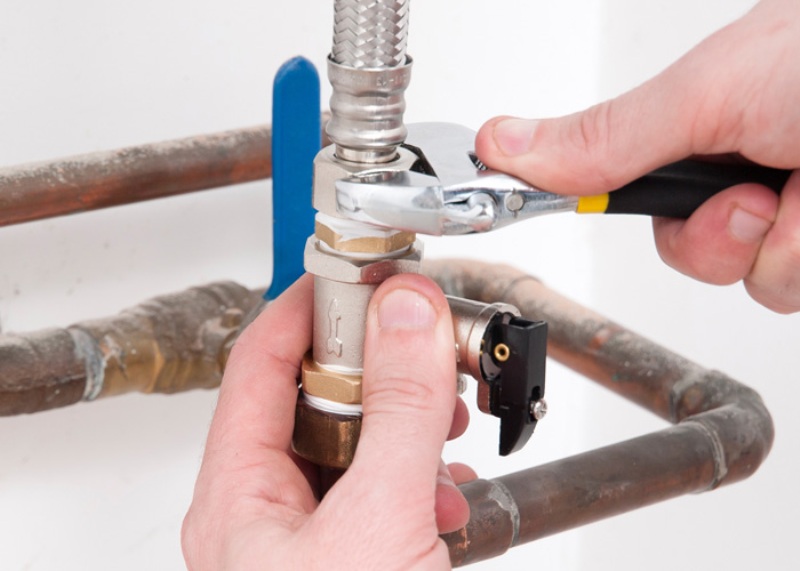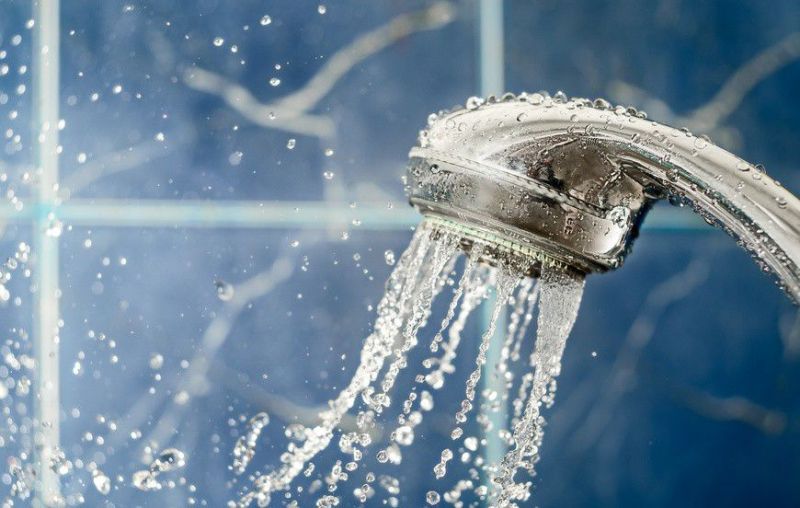Hot water is vital to everyday life in a typical household, whether it be for showering, cooking, washing up dishes and house cleaning or doing the laundry. Most people use their warm water a multitude of times each day per person in the home, showing the level of demand placed on a hot water heater. Eventually, there will be signs of wear indicating that it’s time for a replacement. Most of the units offer a lifespan of approximately ten years, which is when the strain of usage or the tank’s age will make a replacement necessary.
With proper annual maintenance and upkeep, the best cared for water heater can have a prolonged life. But anyone living in a residence with a preexisting tank for a period upwards of 10 years should look into a new system. A system like Garry Richard’s Water Heaters Only replacement can give you modern, convenient technology with greater energy efficiency and cost savings. So, if you do need to invest in replacing your old water heater, a new one will optimally save you money in the long run.
Signs A Water Heater Needs To Be Replaced

A water heater is essential for our everyday tasks and takes a lot of wear and abuse. If you find signs that it’s reaching its limit or it’s over its age, investing in a more efficient model will be useful as far as saving water and energy and can potentially save from costly repairs. There are things you can look for that will let you know your unit is nearing its end.
- The age of the water heater is a significant factor in determining whether you need to buy a new system. On the top of the manufacturer’s sticker, you can find the serial number which will indicate the age by the first two digits in the figure. The labels vary, so you will want to check the website for your particular system. But if it’s near ten years old, the suggestion is that you buy a new one. It will last longer with proper care, which includes flushing it each year, being mindful of the hot water.
- If you start to notice that the hot water is becoming rusty, the water heater may be rusting inside, which could result in leaking. The suggestion to test if it’s only the hot water is to fill a few five-gallon containers. Preventing rust is possible through the addition of a zinc anode rod with a large one or two regular rods for greater protection. When using two, you need to ensure that they are of the same metal. If you want to check the inside, you can turn it off, attach a hose to the drainage bib and then drain it. You should immediately get a new unit if the water is in any way muddy, dirty, or metallic in taste. For advice on replacing a water heater go to https://www.thespruce.com/replacing-a-water-heater-1824920.
- One of the most common signs the water heater is failing is a lack of hot water. If you’re noticing that the water is getting cold before your shower is finished, it’s time for a new unit. Frequently, sediment will build up in the system over a period separating the water and the heat source accumulating the space.
The sediment that builds on the bottom of the tank comes to a point where it hardens after being heated and continuously reheated, which wastes a lot of energy and uses a lot of the unit’s capacity. The system can start to produce rumbling and banging noises, and the hot water will run out faster. The more extended period it takes to heat water can cause cracks or holes to develop in the unit, meaning you should check for leaks if you hear any of these noises starting.

Frequently, loss of water heat and the need for a new system correlates to a household becoming too full for the tank that’s installed. The family might have grown, but the original tank may still be in use. If there are more members in the house than there were even just a year ago, the demands could be more than the limits the system can handle. In that instance, it is time to get a new unit that will provide adequate hot water for all the members of the bigger household without going cold. Take the link to learn how to tell if you have a bad unit.
Water is the most vital and used resource in our homes, particularly hot water. When we’re without it, we can’t function properly. It has a significant purpose and is put to use a vast majority of times throughout the day by everyone in the home. So, when the water heater begins to fail, the issue must be resolved right away without too much hassle or time in rectifying it. The comfort of the home depends on it.






